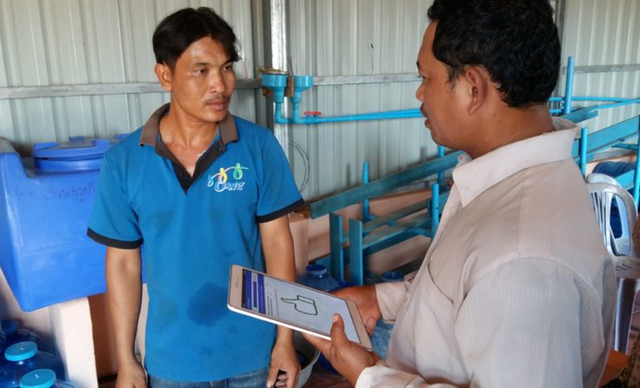Monitoring and Evaluation (M&E) in ICT4D Programs
Monitoring and evaluation (M&E) plays a critical role in ICT4D (Information and Communication Technologies for Development). M&E involves the systematic collection and analysis of data on the progress, impact, and effectiveness of ICTD projects and initiatives, in order to inform decision-making and improve performance.
The role of M&E in ICT4D includes:
- Tracking progress: M&E helps to track the progress of ICTD projects and initiatives against predetermined benchmarks and targets, allowing for the identification of any issues or challenges that need to be addressed.
- Assessing impact: M&E helps to assess the impact of ICTD projects and initiatives on the intended beneficiaries, including any changes in their well-being, opportunities, or quality of life.
- Identifying best practices: M&E helps to identify best practices and lessons learned from ICTD projects and initiatives, which can be shared with others and used to inform the design and implementation of future projects.
- Improving efficiency: M&E helps to identify areas for improvement and efficiency in the use of ICTs for development, allowing for the optimization of resources and the maximization of impact.
Overall, M&E is an essential component of ICTD, as it helps to ensure that projects and initiatives are being implemented effectively, efficiently, and sustainably, and are having the desired impact on the intended beneficiaries.
Sensors for MERL: What Works? What Does Not? What Have We Learned?
Sensors promise rapid insights into development programs. Exciting and quickly evolving technologies are expanding the range of what can be measured, while the...
What’s Your ICT4D Cyber Threat Model?
Threat models can make ICT4D more secure and safe to use. In computer science, “threat modeling” is the approach of playing through attacks and hacks ahead...
Dashboards: A Force for Good, Great, or Greater Confusion?
In this era of big data and real-time data sharing, projects and organizations are increasingly trying to organize their analytics with dashboards that share key...
3 Steps to Be a Data Minimalist: Collecting Less While Learning More
The “Data Minimalism – How to Collect Less and Learn More” session at the MERLtech conference taught us how to collect less data. More importantly, it taught...
Top 5 Considerations for Choosing a Mobile Data Collection Tool
With the recent announcement of the UN’s Sustainable Development Goals for the next fifteen years, it’s clear that there will be more intense scrutiny on organizations...
Why M&E Is LAME (Or Should Be…)
M&E is lame… As is MEL, MERL, MEAL, PME, and PM&E.
Why do we do M&E? To improve our work surely; but how do we improve? By learning what works,...
MERL Tech Lessons Not Learned in International Development
The world has made several commitments to water and sanitation, starting as far back as the 1970s, and leading up to the recent Sustainable Development Goals. Also...
Are Smartphones Making SMS Projects Obsolete?
Are SMS projects still relevant? Are toll-free phone numbers still needed? As more and more people in developing countries have access to cheap smartphones and...
Top Tips for Training Outreach Workers on Mobile Data Collection
Recently in the blog post entitled Top Tips for Converting Paper Forms to Digital Mobile Forms, I discussed Equal Access’ transition from paper-based to mobile...
Please RSVP Now for MERL Tech: The Future of Technology in M&E, Research, and Learning
New technologies are creating a data-driven revolution in monitoring development programs and evaluating short and long-term impact, resulting in more responsive,...












